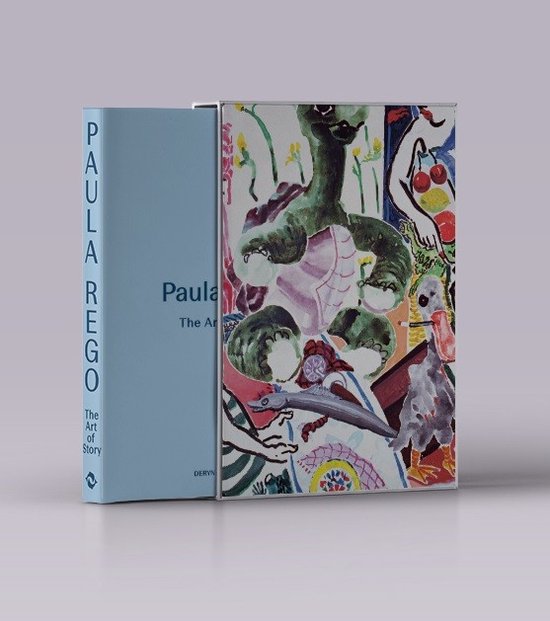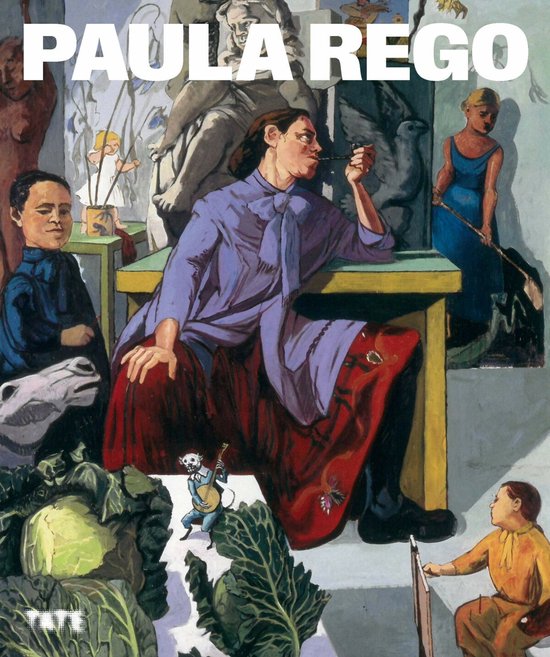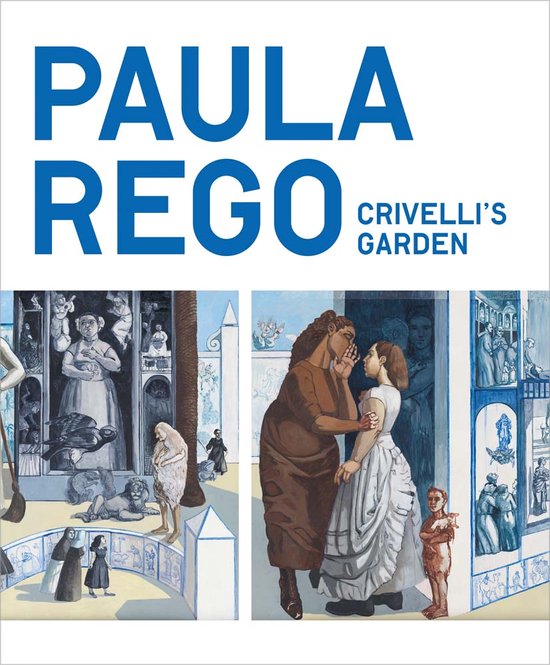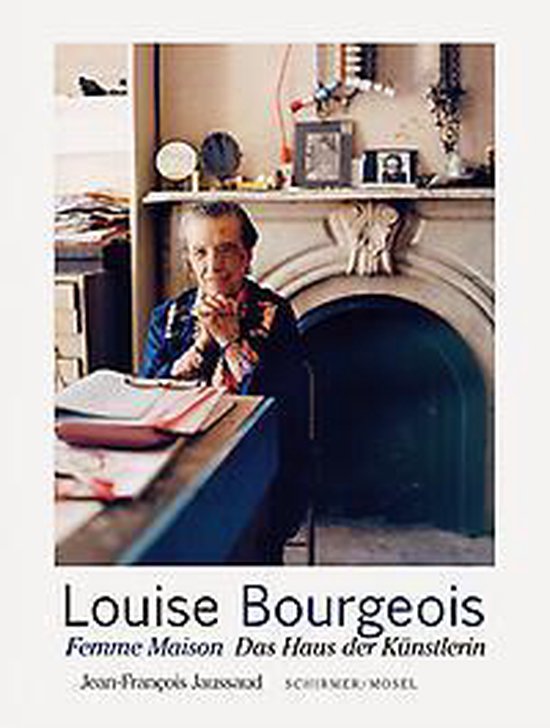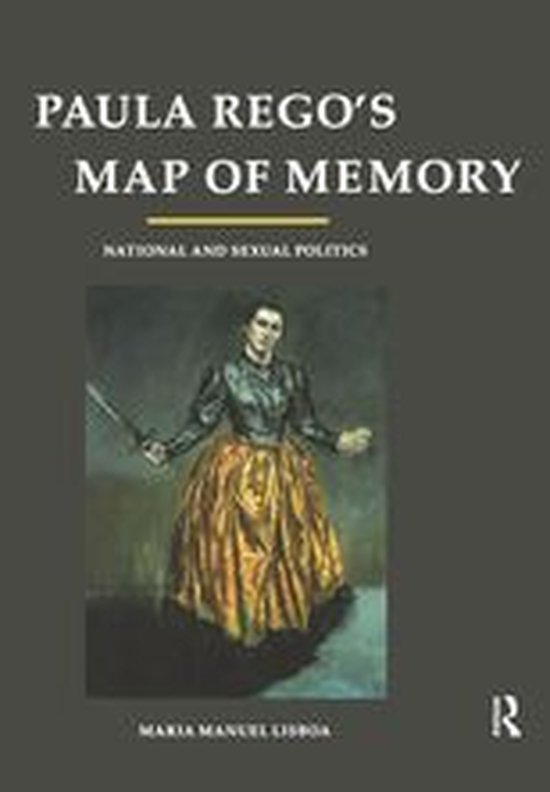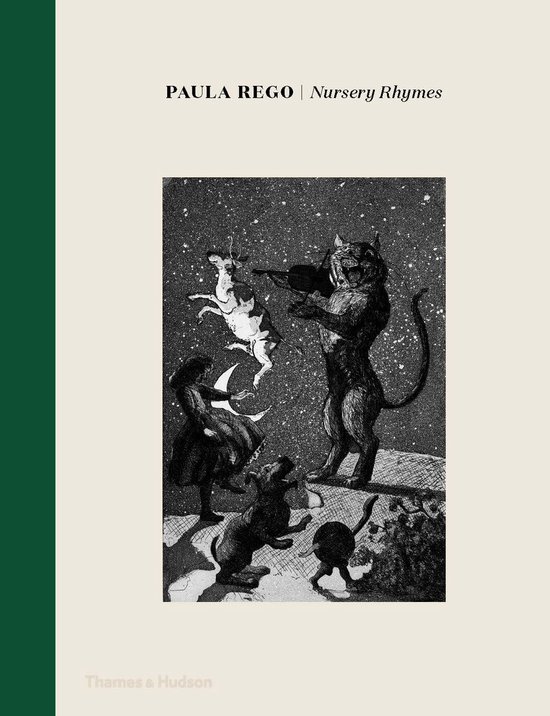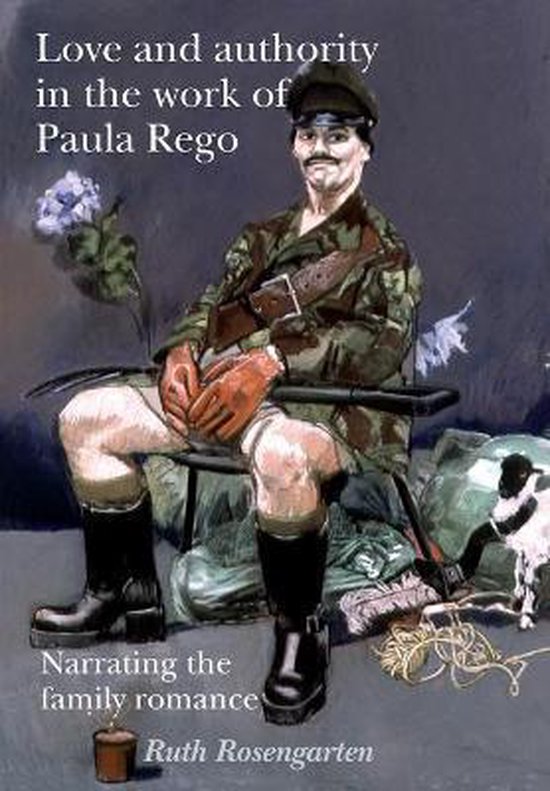
Love and Authority in the Work of Paula Rego
Rosengarten explores the narrative operations of Rego’s work by mobilising both psychoanalytic theory and social history. She confronts, as case studies, three complex figure paintings from different moments in Rego’s oeuvre: The Policeman’s Daughter (1987), The Interrogator’s Garden (2000), and The First Mass in Brazil (1993).
The content of the three specimen paintings links them to the political context of the Estado Novo, the fascist-inspired regime that dominated Rego’s childhood. Plotting links between the spheres of the political and the personal, Rosengarten throws light on the complex intertwining of state power and parental authority in Rego’s work, focusing on the “labour of socialisation and resistance” that Rego’s work evinces in relation to the Freudian model of the family romance.
Rosengarten unveils the political context of Portugal under Salazar, and the workings of colonial fantasy, Catholic ideology and gender construction. In prodding the inalienable link between love and authority, this study offers a reading of Rego’s work that interrogates, rather than subverts, the Oedipal model structuring the patriarchal family.
Rosengarten explores the narrative operations of Rego’s work by mobilising both psychoanalytic theory and social history. She confronts, as case studies, three complex figure paintings from different moments in Rego’s oeuvre: The Policeman’s Daughter (1987), The Interrogator’s Garden (2000), and The First Mass in Brazil (1993).
The content of the three specimen paintings links them to the political context of the Estado Novo, the fascist-inspired regime that dominated Rego’s childhood. Plotting links between the spheres of the political and the personal, Rosengarten throws light on the complex intertwining of state power and parental authority in Rego’s work, focusing on the “labour of socialisation and resistance” that Rego’s work evinces in relation to the Freudian model of the family romance.
Rosengarten unveils the political context of Portugal under Salazar, and the workings of colonial fantasy, Catholic ideology and gender construction. In prodding the inalienable link between love and authority, this study offers a reading of Rego’s work that interrogates, rather than subverts, the Oedipal model structuring the patriarchal family.
| Auteur | | Ruth Rosengarten |
| Taal | | Engels |
| Type | | Paperback |
| Categorie | | Kunst & Fotografie |
